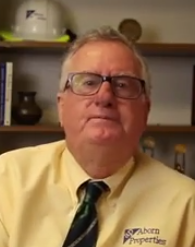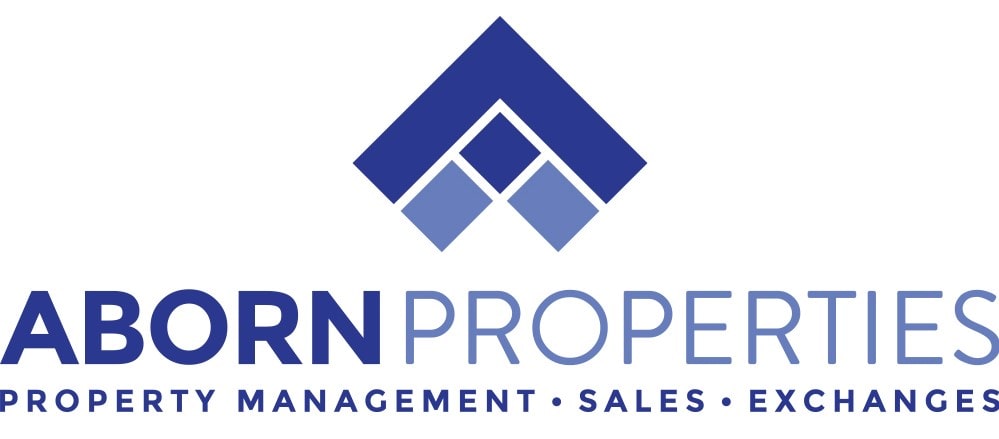By Gary Walker, owner and CVO.
Once you have screened and selected a tenant, you need to pay attention to how you implement the lease and explain your expectations. This is an area that a lot of landlords pass by and then later wish they hadn’t. An alternate title to this blog could be: “What Starts Badly Ends Badly.” We have found that being clear about our expectations before tenants enter into the rental agreement makes it more likely that they will in fact do what we expect of them. When we go over our expectations, we have had experiences where tenants decide they can’t or won’t take care of the property the way we need them to. We are glad to have those tenants go away before signing the rental agreement because they would have been a problem later.
Tenant Handbook
We put everything in writing. We have a tenant handbook, where we cover everything we expect. This includes repairs, landscaping, painting and remodeling and appliance repair. Many landlords leave appliances in the unit and expect the tenant to take care of them. We call them courtesy appliances, like washers and dryers. They aren’t the systems of the house, which are the landlord’s responsibility. But if you expect the tenant to pay for repairs on things like the washer and dryer or refrigerator, you need to put it in writing. They are going to expect that you’ll take care of those things. So put that in writing from the beginning.
Trash Responsibilities
Trash is an area in San Jose that has frequently caused some conflict. Landlords believe that trash is a tenant responsibility. The City of San Jose used to allow tenants to open up their own trash accounts at the properties where they were living. However, that law has changed and now landlords must put the trash in their name. We add the trash cost to the rent. So if we quote the rent as $2,000, we will actually have the tenant pay $2,028 per month because the $28 is their trash cost. These are areas that you really want to get an understanding right in the beginning before rental agreement signed.
Move In Condition Report
As soon as you hand over a key, the person becomes a tenant. Make sure you collect all the money-the first month’s rent and deposit. We collect it all up front. If there are days to be prorated, you can do that in the second month. Get the money up front. Make sure you have taken pictures and have a complete statement of condition of the property. Every item needs to be checked. Have the tenant sign that form. If you need to explain to a judge why you’re keeping some of the security deposit for repairs, you’ll want to have a picture of the before and after condition. So have a picture of the perfect wall behind every door. Then, when the tenant puts a doorknob through the wall you have the before and after pictures.
Earthquake Preparation
Another area frequently missed is what should be done in case of a major earthquake. It might affect your property. So when moving tenants in, show them where gas shutoff is and the shutoff for water systems. If there is a broken pipe or there’s gas leaking, they know how to shut it off. This saves them from injuries and protects your property from damage.
 Get all your agreements in writing. If you have any questions about this information, please contact us at Aborn Properties.
Get all your agreements in writing. If you have any questions about this information, please contact us at Aborn Properties.

 Andrea Caldwell
Andrea Caldwell Roy Kellett
Roy Kellett Joi Walker, MPM®, RPM®, MBA
Joi Walker, MPM®, RPM®, MBA Gary Walker, Broker/Owner
Gary Walker, Broker/Owner